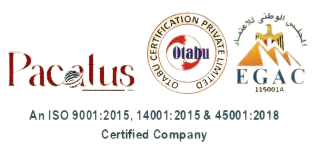Pressure Meter Test
The Pressure Meter Test, also known as the Pressure Plate Test or PMT, is a fundamental tool in geotechnical engineering used to determine the in-situ stress and strength characteristics of soils. This test plays a crucial role in assessing soil behavior and stability, providing valuable data for construction and infrastructure projects.
During the Pressure Meter Test, a cylindrical probe equipped with an expandable membrane is inserted into the ground at the desired depth. The membrane is then inflated, exerting pressure on the surrounding soil. The resulting pressure applied to the soil is measured, and the corresponding strain is recorded. By analyzing the pressure-strain relationship, engineers can determine critical soil parameters, such as the pre-consolidation pressure, shear strength, and stress-strain behavior.
The information obtained from the Pressure Meter Test is essential in designing foundations, tunnels, embankments, and retaining walls. It aids in predicting soil settlement, slope stability, and potential ground failure, ensuring safe and cost-effective construction practices.
In conclusion, the Pressure Meter Test is an indispensable tool for geotechnical engineers to understand the behavior of soils under different stress conditions. Its accurate and reliable data empowers engineers to make informed decisions and design robust structures that can withstand the challenges posed by varying ground conditions.

